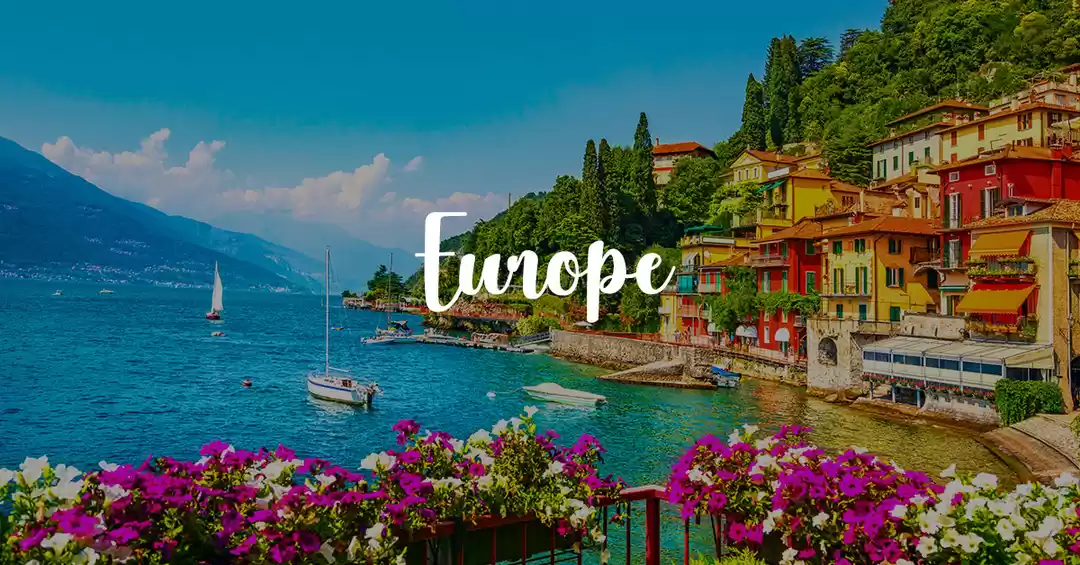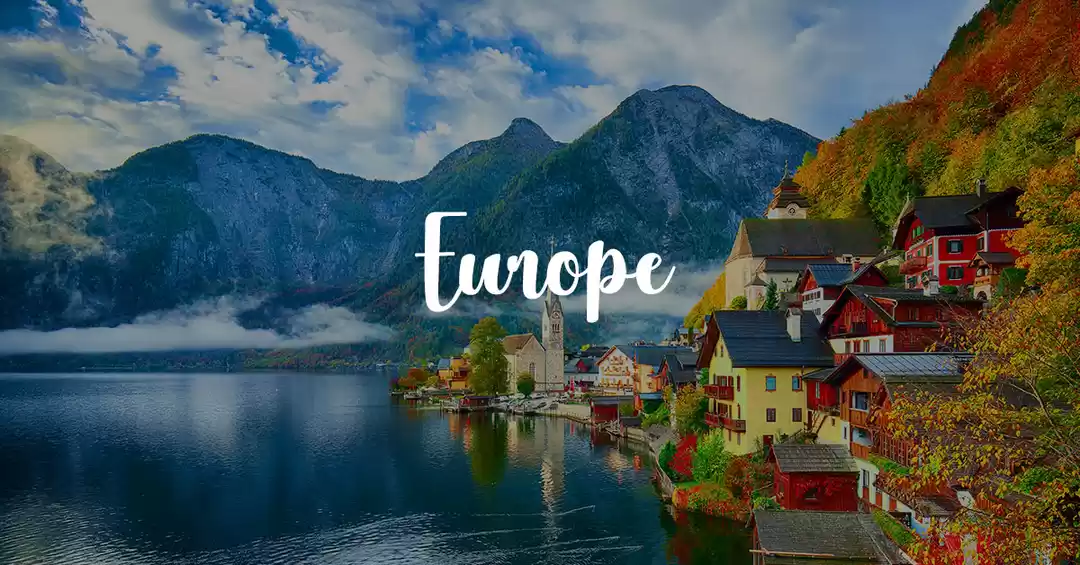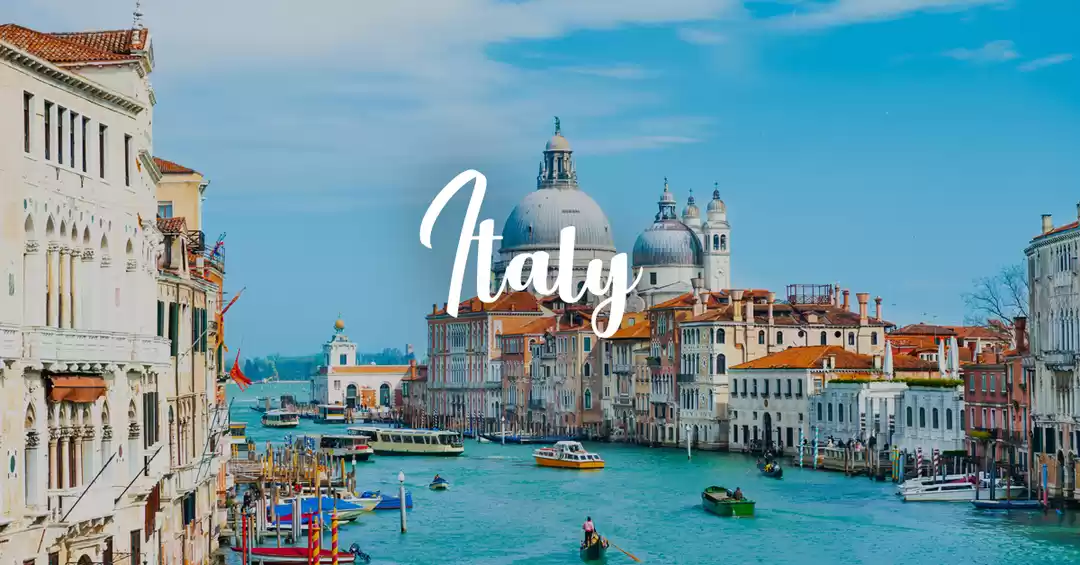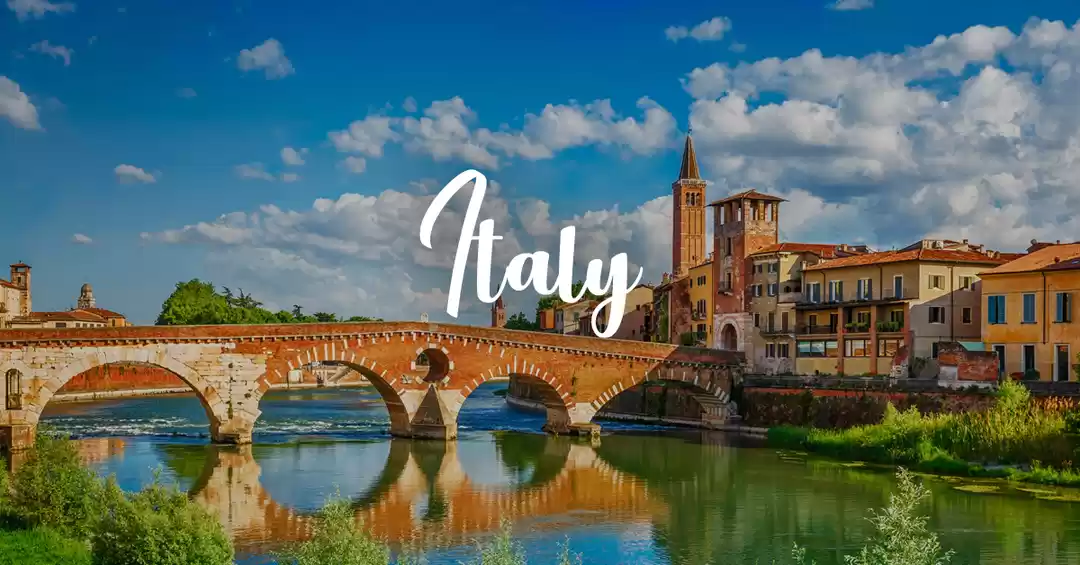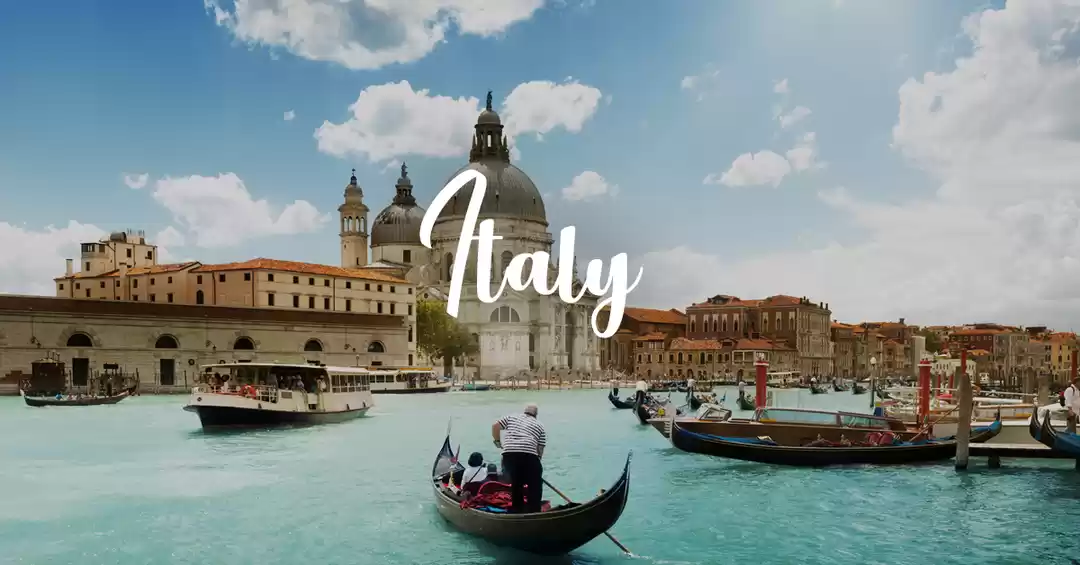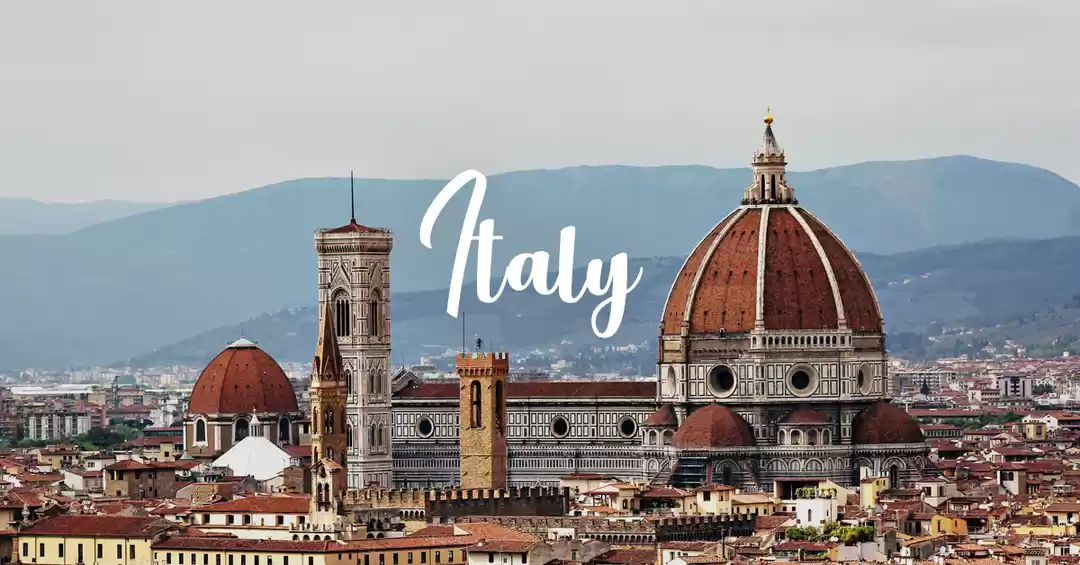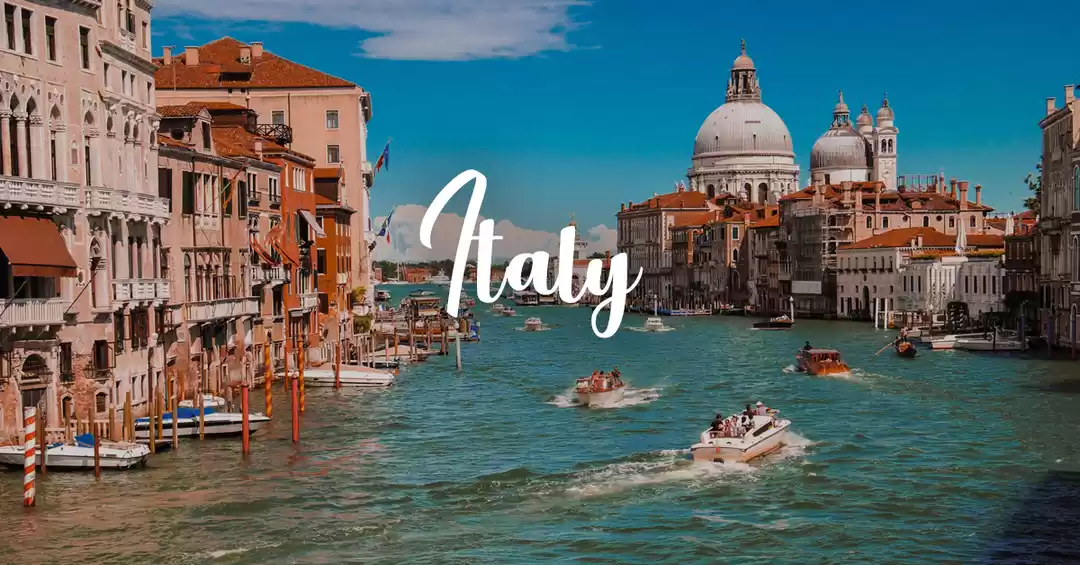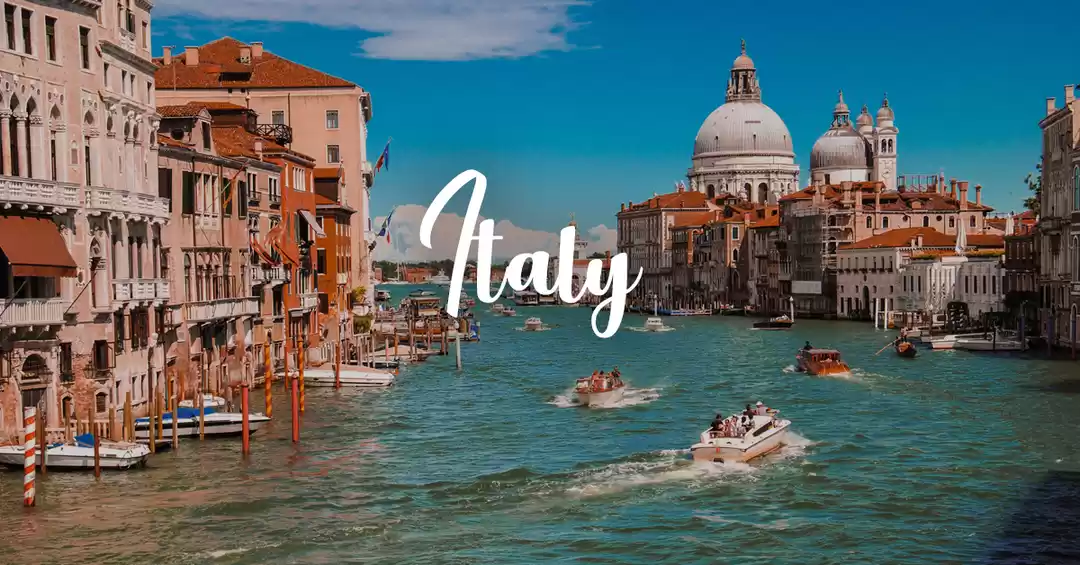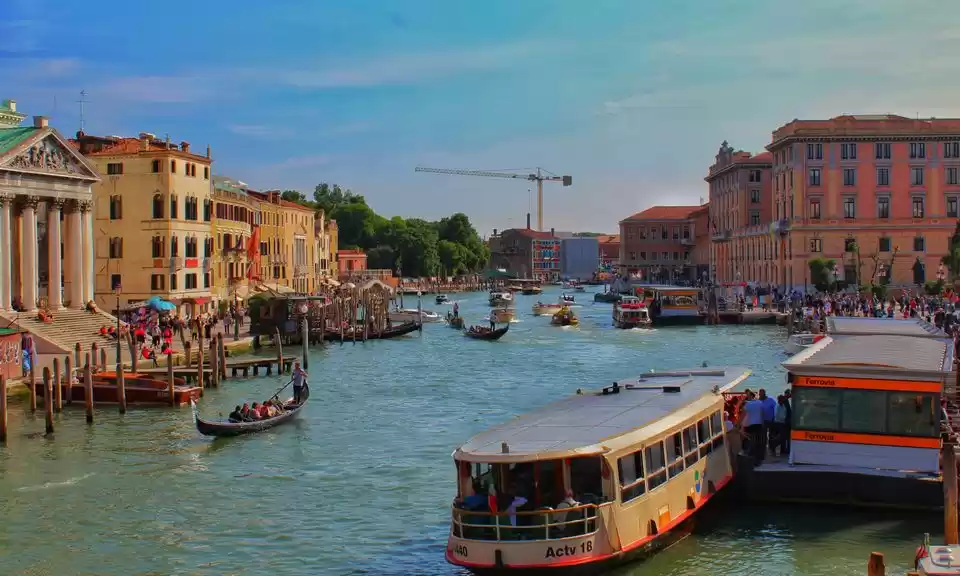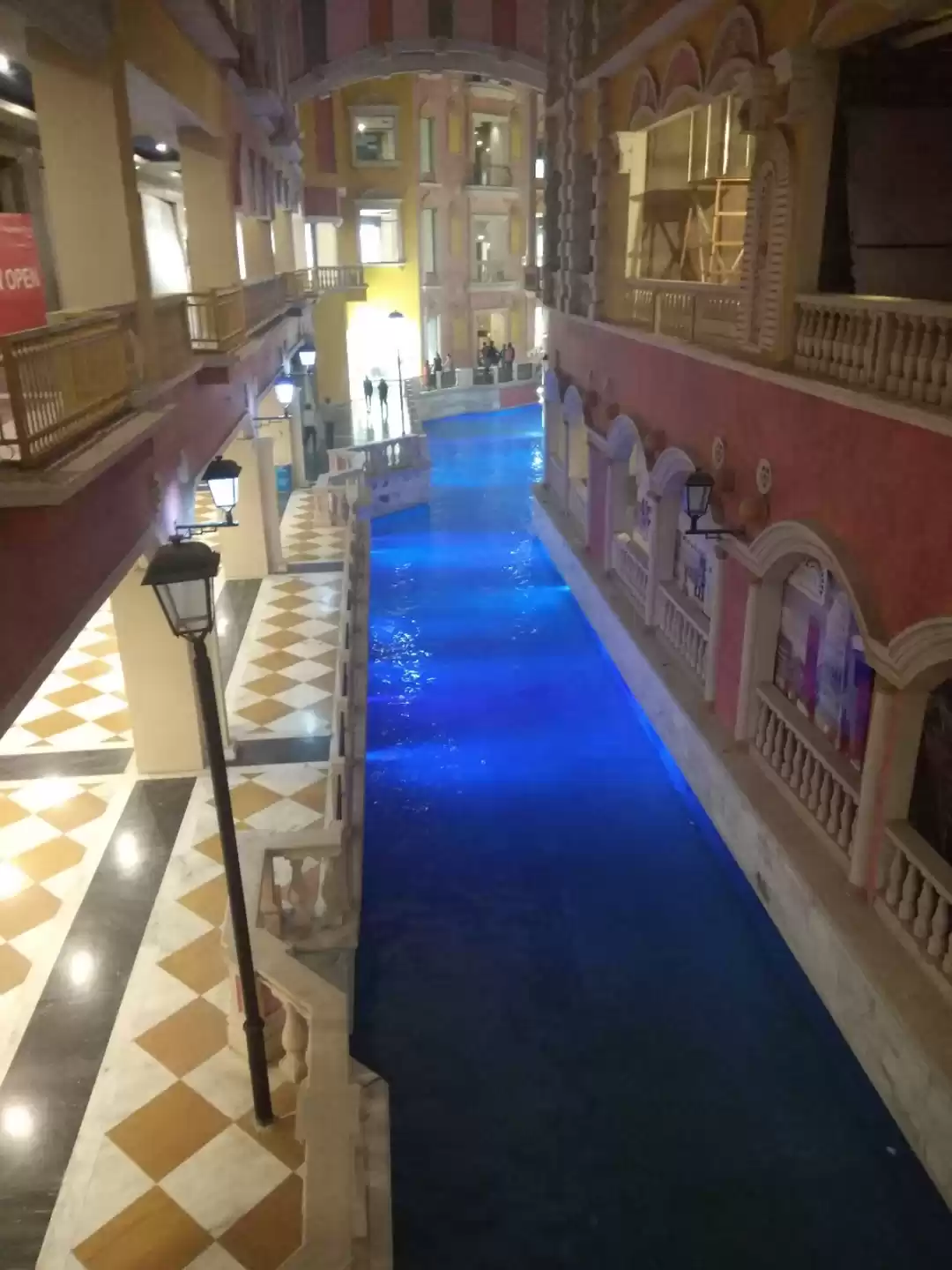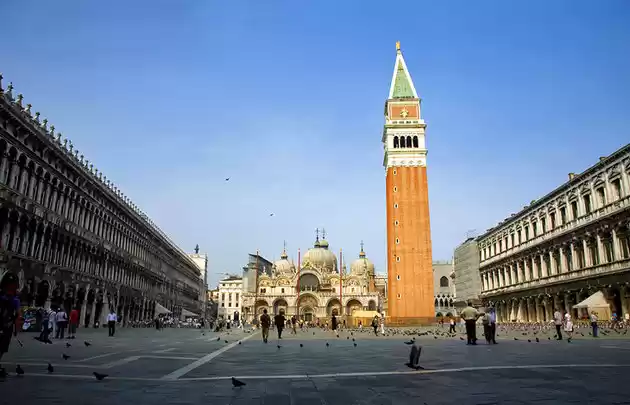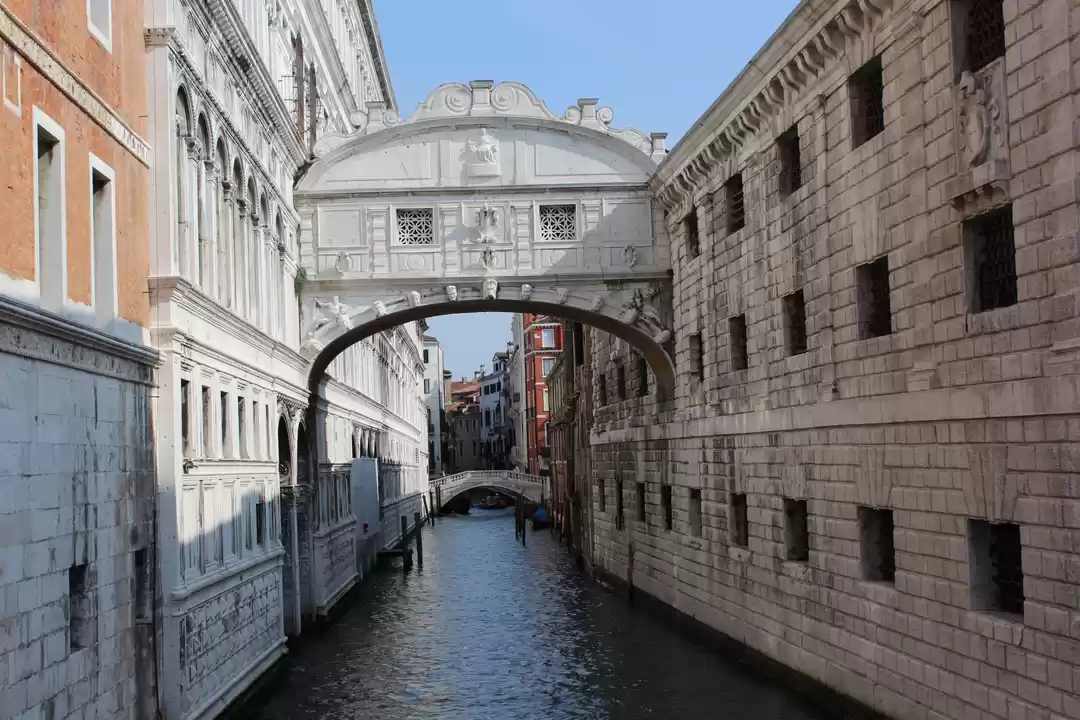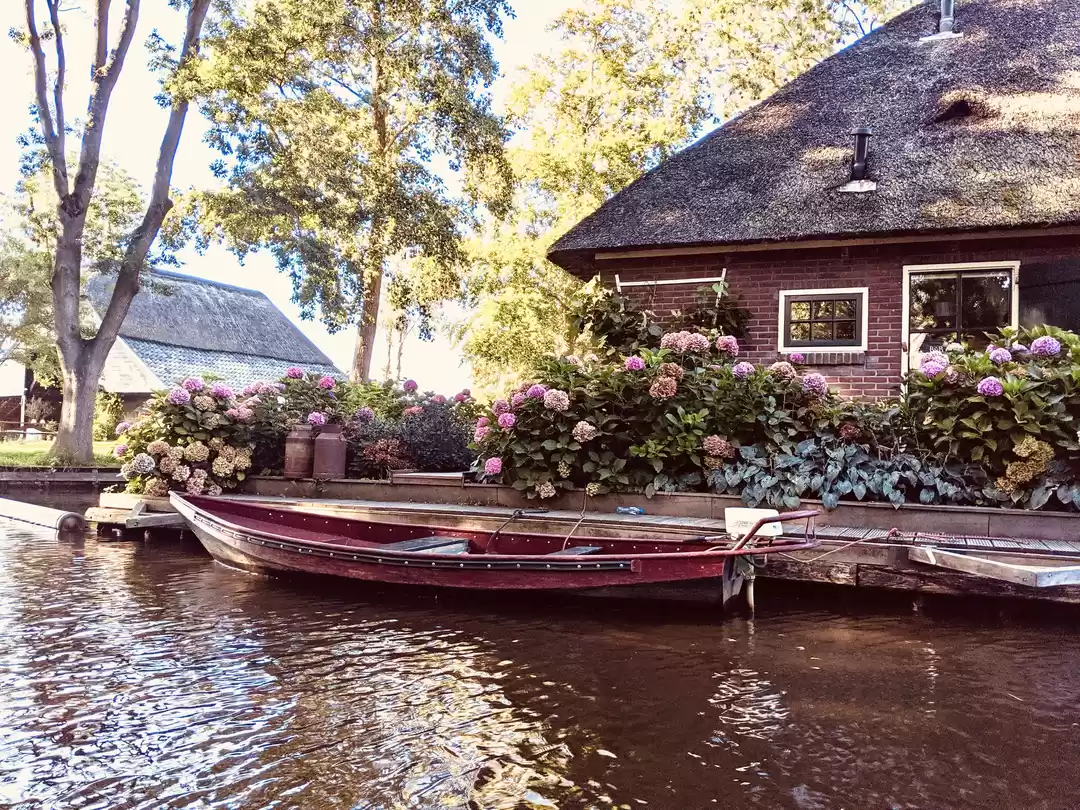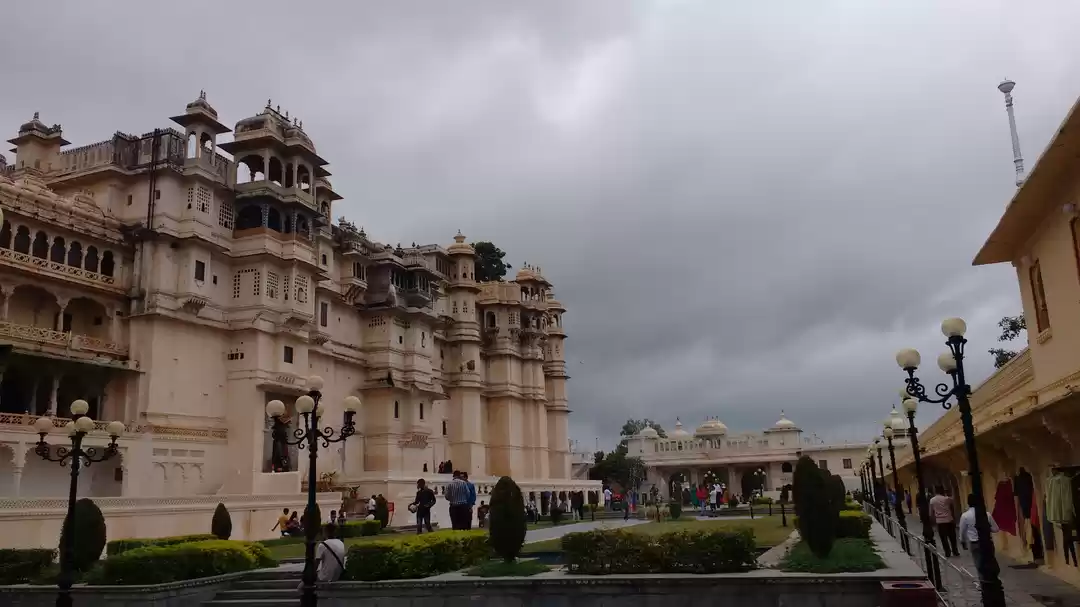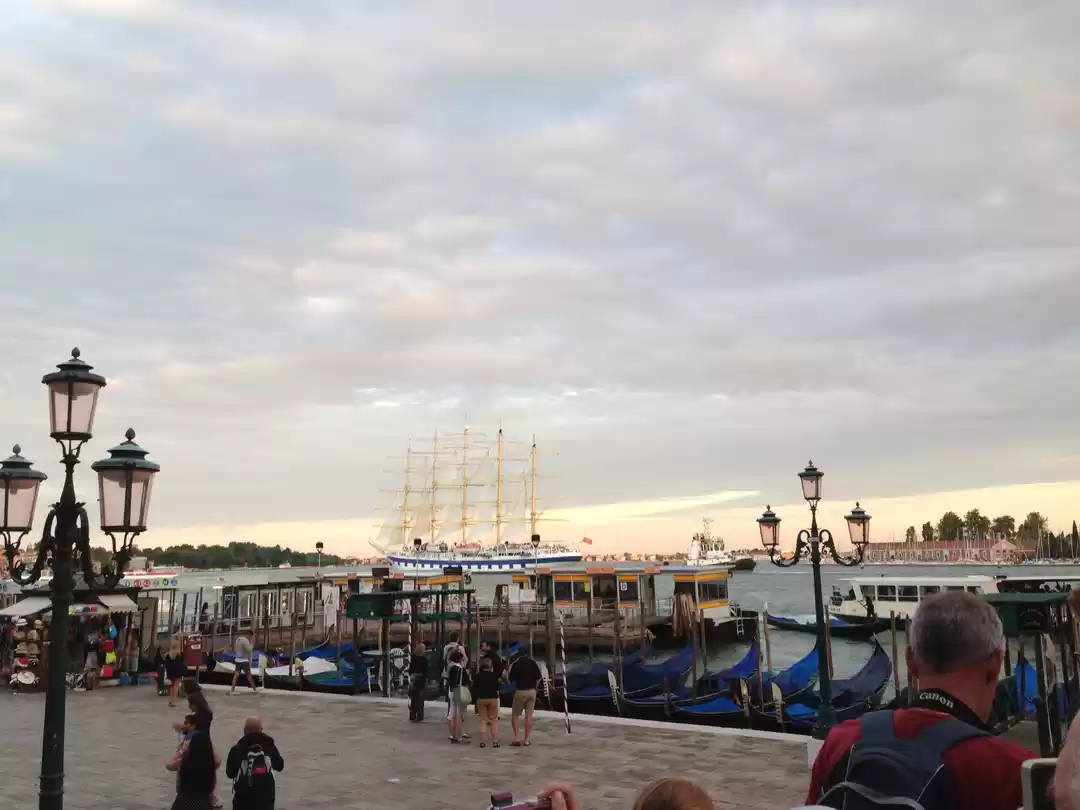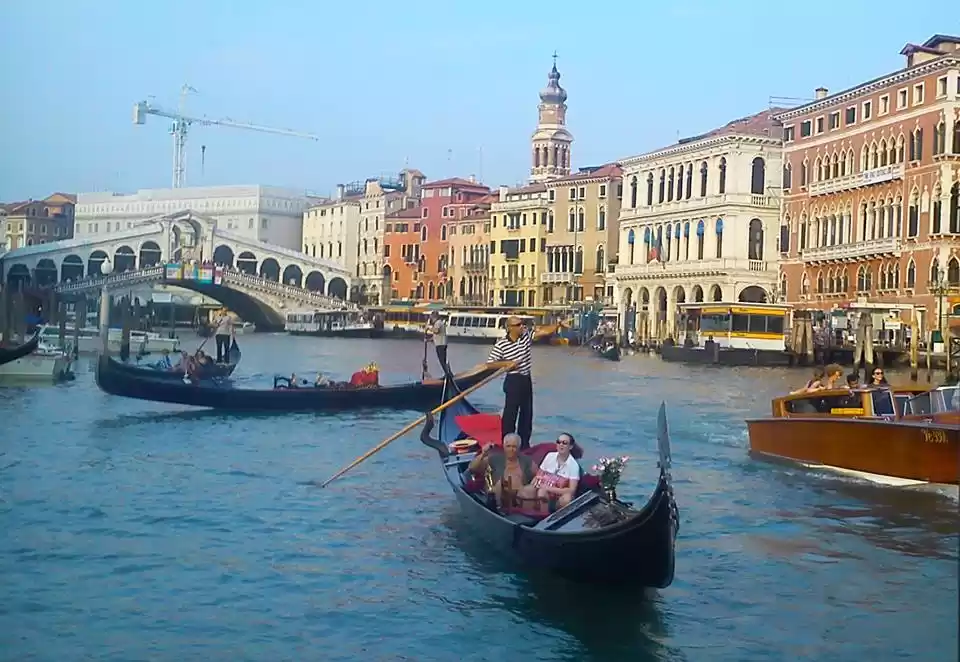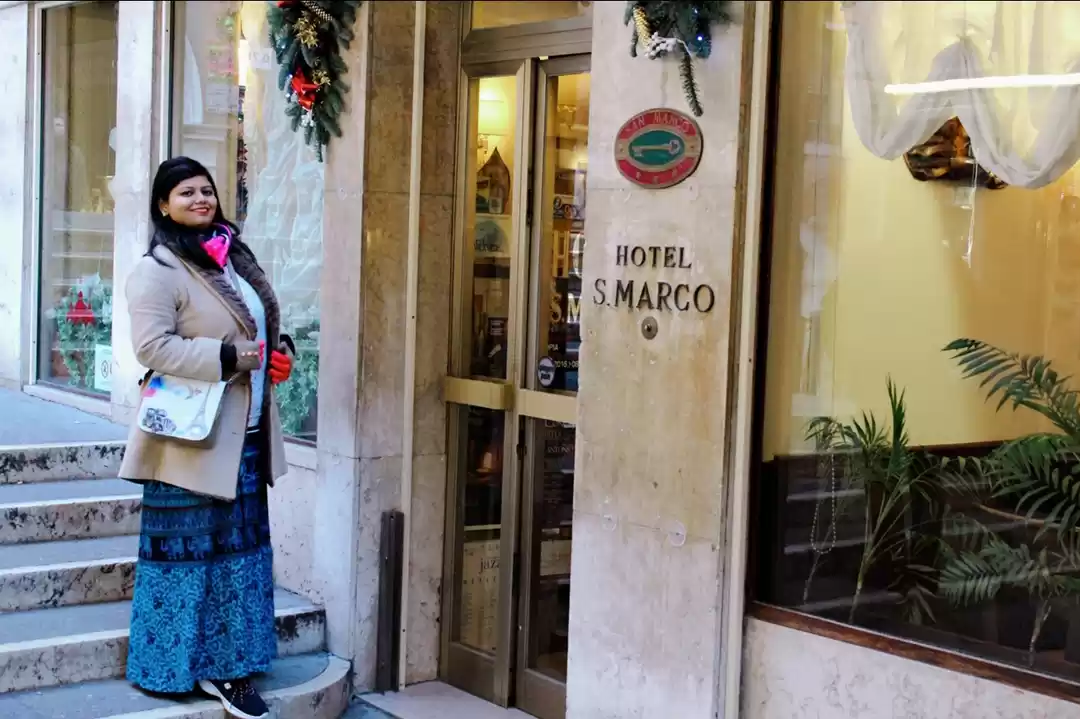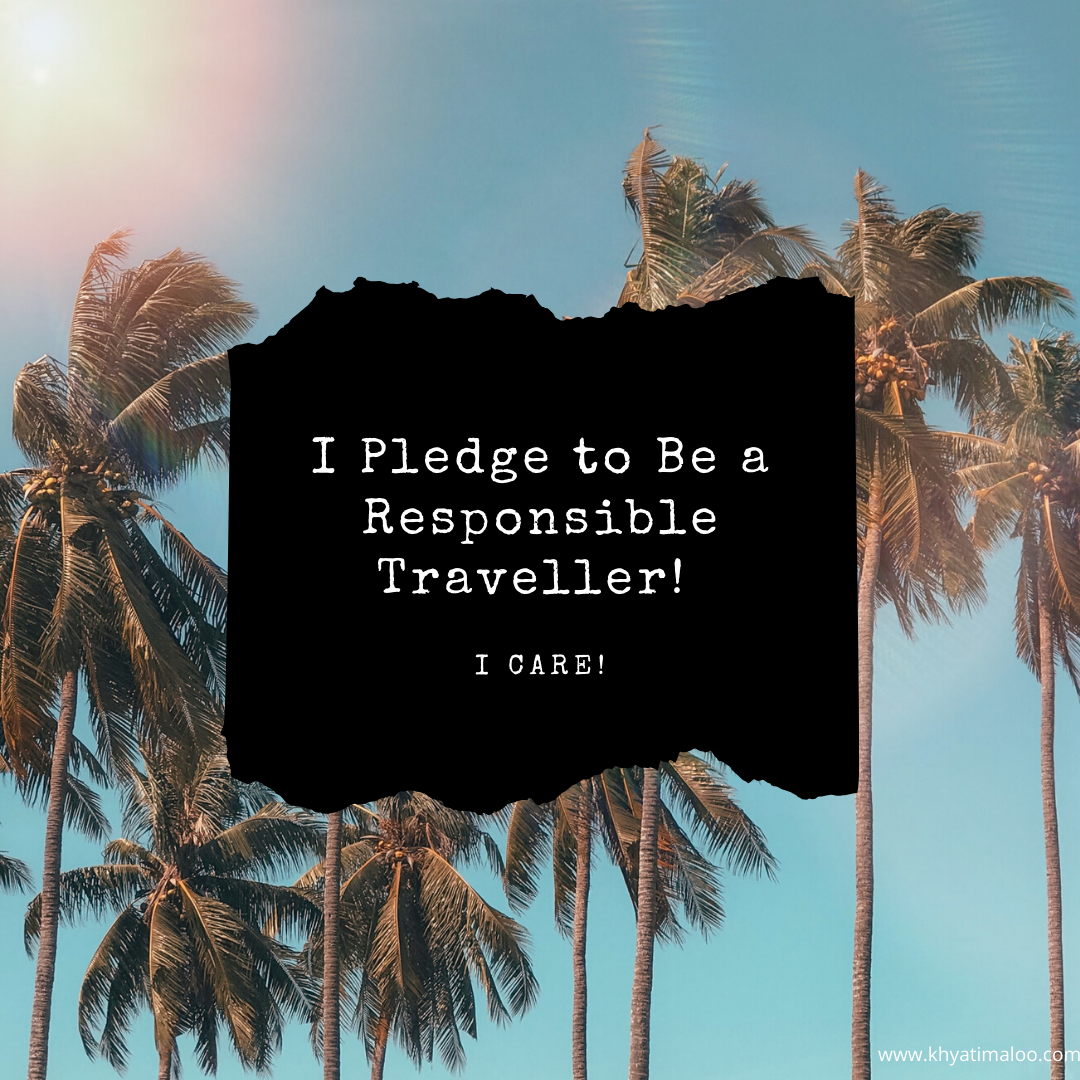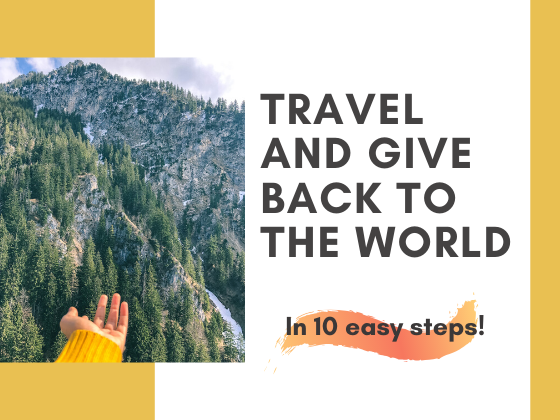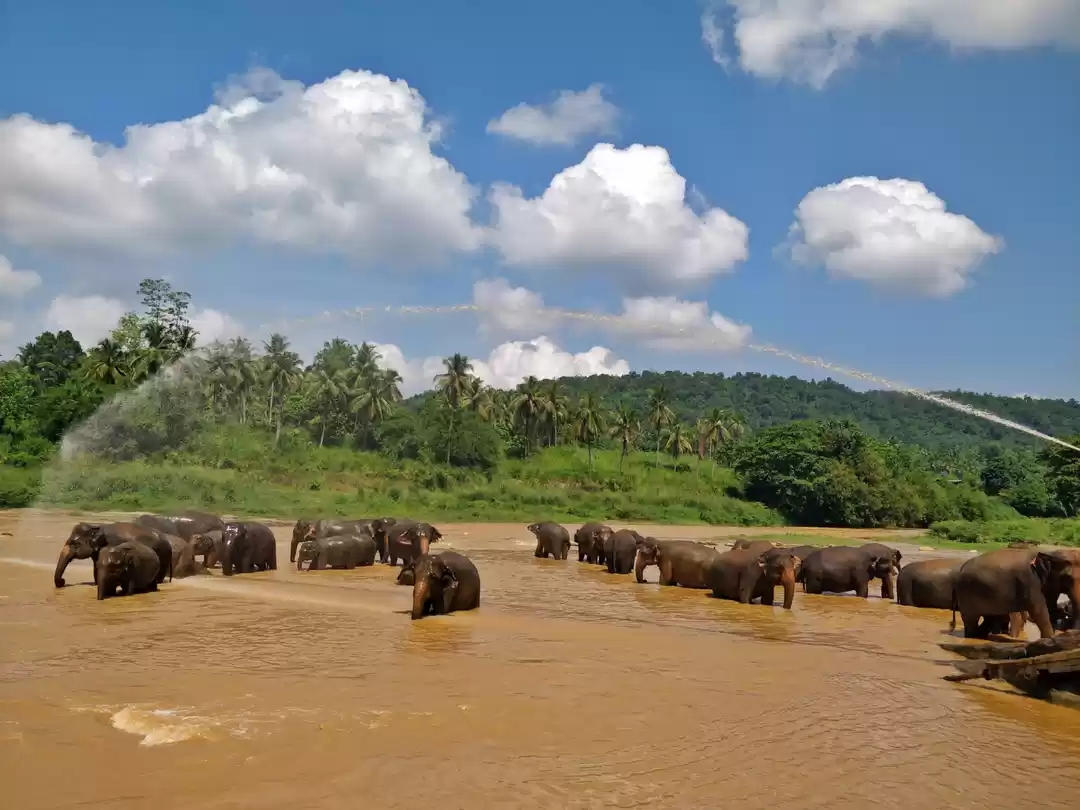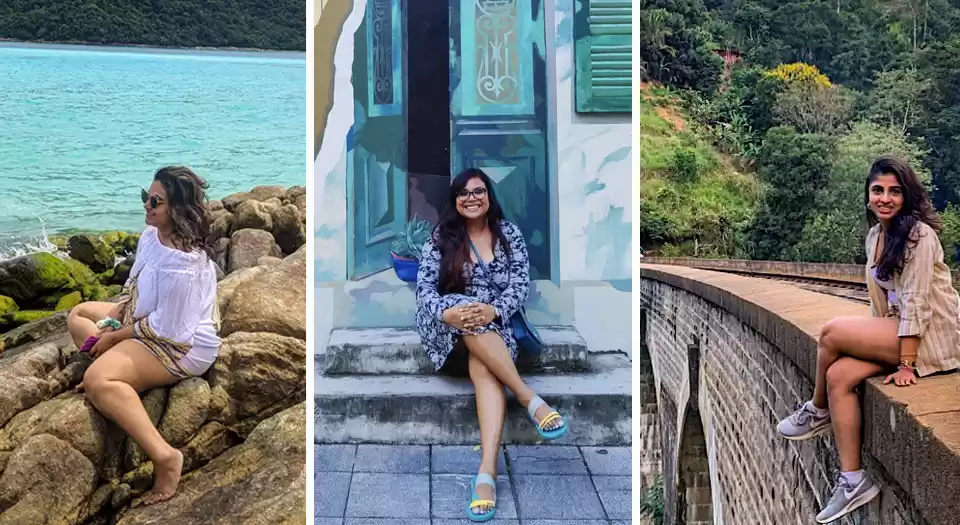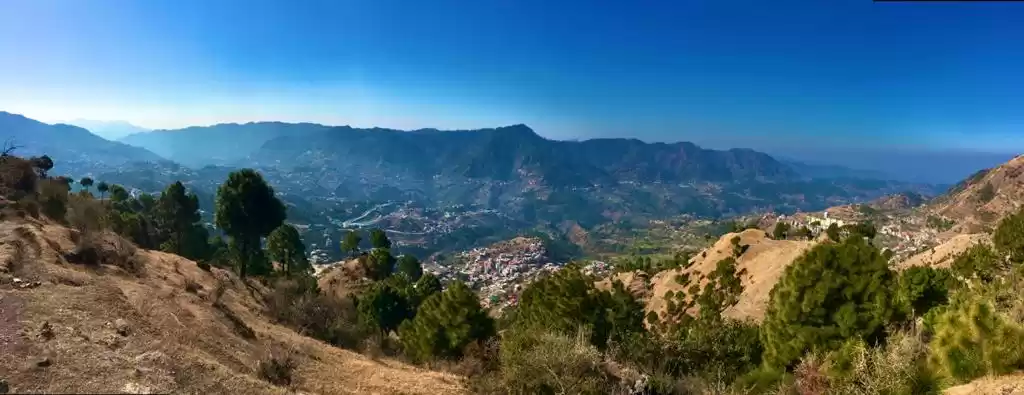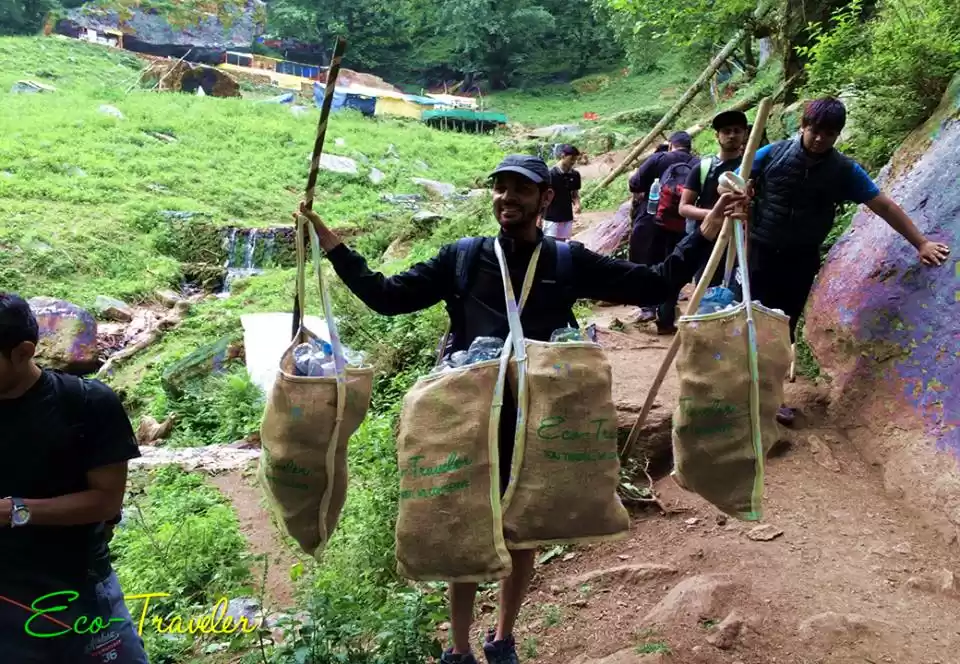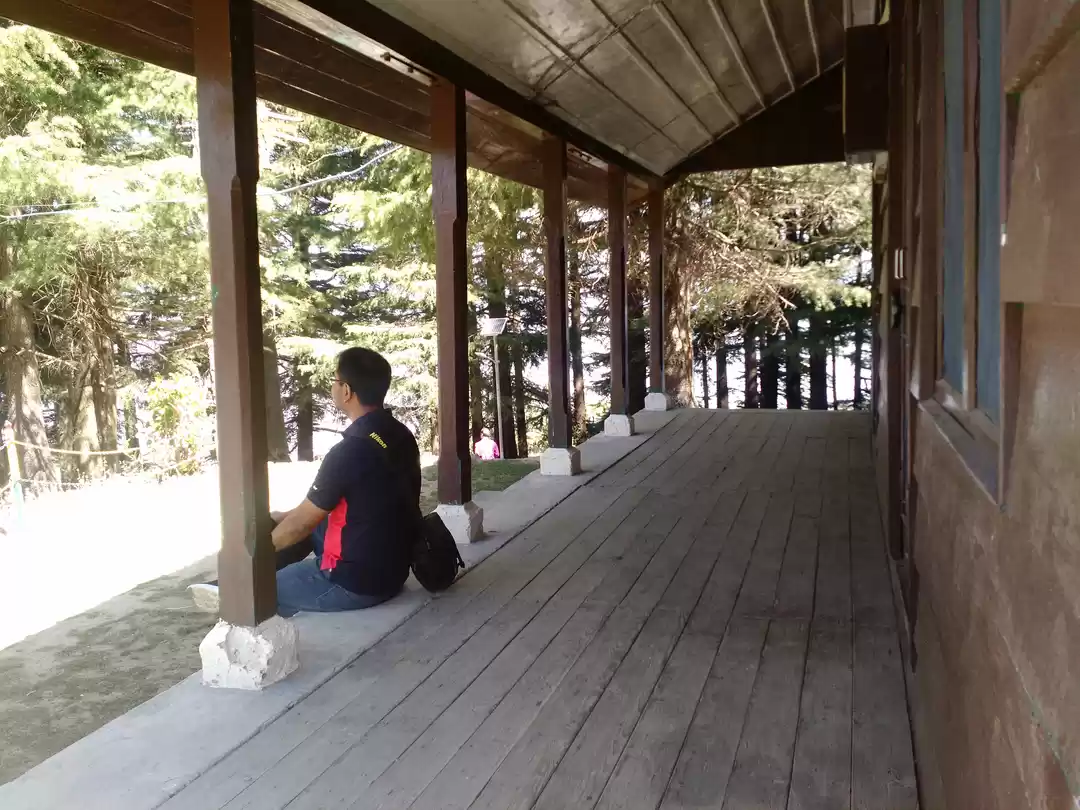The UN declared 2017 as the Year of Sustainable Tourism for Development. The declaration was made to remind us that we all share this beautiful world and our actions have a far greater impact than we imagine it to have.
Sustainable travel is not about sacrificing the fun part of travel. In fact, sustainable travel is about traveling while being socially and culturally aware of and kind towards the world around us. We need to utilize our responsibility as a traveler, of changing the lives of people around us.
I have changed a few things in myself to be a responsible traveler and want to encourage other travelers to be accountable as well.
1) I eat local and shop local
The economy of the country we are travelling to, works exactly it does in our home country. Almost every country emphasizes the need to promote small scale industries. There are various programs initiated to help local manufacturers and dealers.
To contribute towards responsible travel, I try keep the economy of the host country in mind.
a) I eat local
There is no denial to the fact that street food in a lot of countries is more tastier and authentic than the food served in those fancy five-star restaurants. And there is no need to completely give up the ambiance of a fancy restaurant, after all, that is what we pay for as well. However, eating a single meal every day at a local restaurant will support the local economy. We are supporting the local communities to make their ends meet.
Moreover, local food is prepared using the locally produced ingredients which makes it healthier and relatively inexpensive as well.
In Vietnam, I had Banh Mi instead of a burger from a “Burger King” joint. I had cheese fondue in Switzerland. In Malaysia, I tried roti canai and nasi lemak instead of routine Hakka noodles.
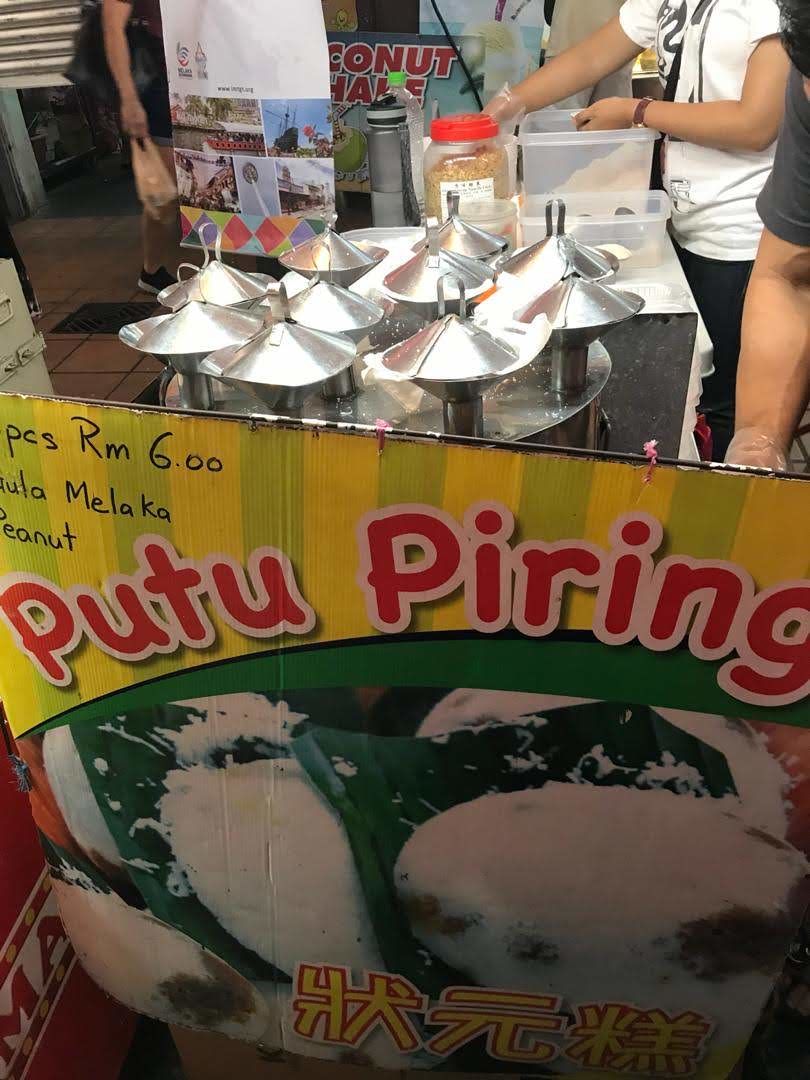

b) I shop local
I always wonder why would someone go to a destination like Vietnam, Bali, Malaysia and shop for global brands at air conditioned malls. I agree that we find some brands at cheaper prices in some countries and we should buy them. But, there are numerous local shops which sell excellent quality products that too at a reasonable price.
A souvenir is still called a souvenir only when it gives the local essence of the destination. This itself explains that shopping local is the way to shop. Whenever we shop locally, remember that we are making a positive impact on the lives of people.
In Bali, I bought sling bags (they are beautiful and attractive) from local shops. In Seychelles, buy vanilla extract instead of chocolates as vanilla is locally grown.
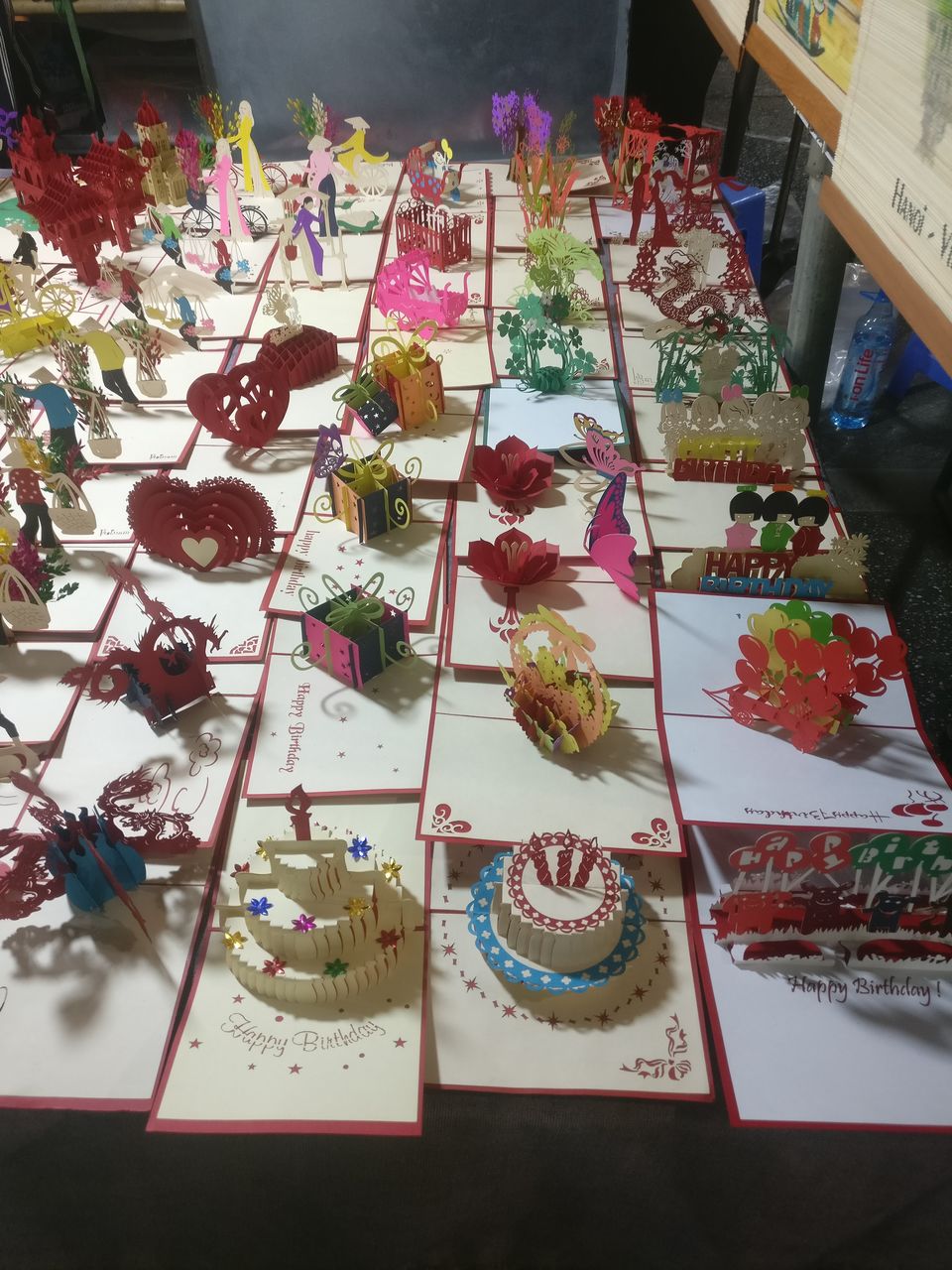
2) I don't engage in Jingoism
It is absolutely not wrong to think high and to be proud of our country. I am proud to be an Indian too. It is just important to understand the thin line between we being proud of our country and to think poorly of another country.
It is extremely important to feel responsible enough to respect local culture and customs just like a guest would do when visiting the host’s house. I try to be a good guest to not let the host feel poorly about my and my country instead. I surely would not want that if I love my own country.
I avoid talking poorly of the host country. It only reflects my character. Even if I share experiences with fellow travelers, I try to limit it to a healthy discussion.
In Bali, one cannot enter temples without wearing a sarong or a long skirt. How difficult is it to wear one and then enter? While visiting mosques, cover your heads with scarves. This too doesn’t take a lot to follow.
In South Korea, tipping the server is considered an insult. Do not do that.
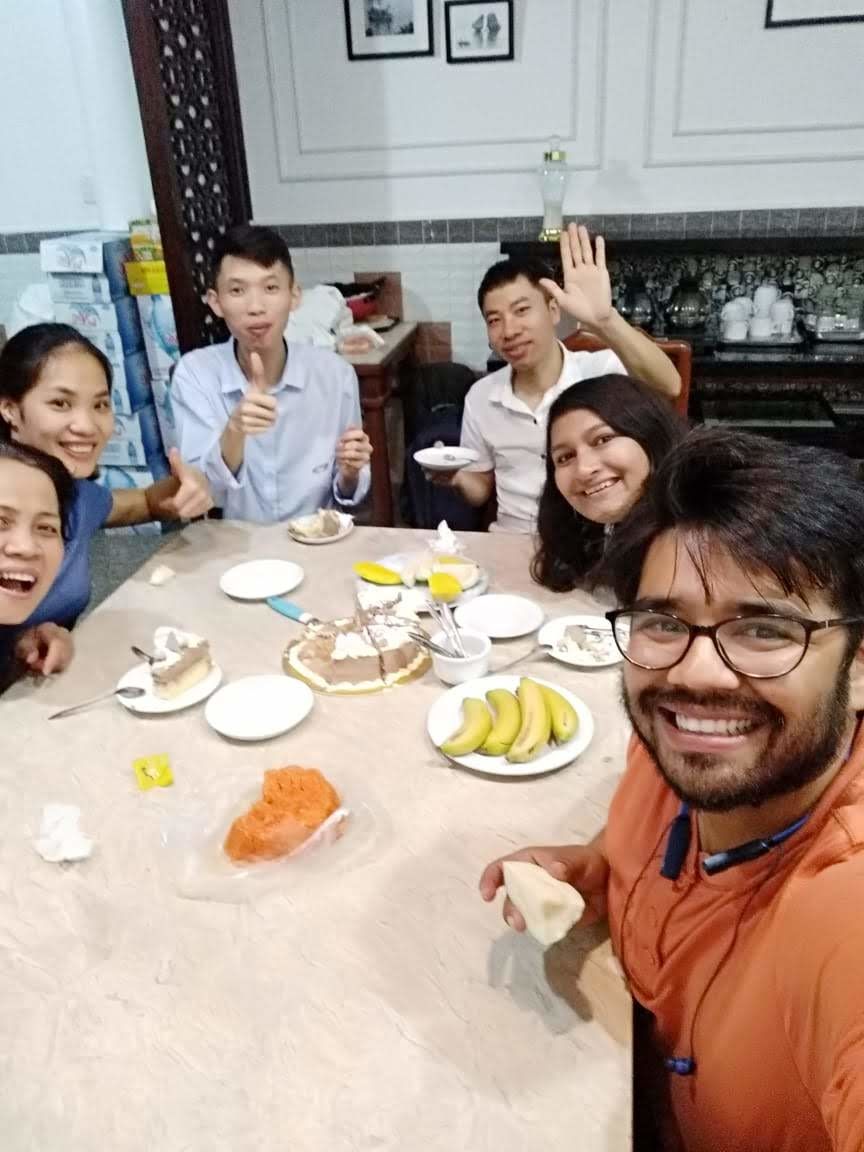
One of my best experiences was in Switzerland. The fresh juices, dry fruits, etc. are all kept open in the supermarkets with no staff keeping a watch. You fill your bottle of juice and get it billed. You taste the dry fruits and pack it for yourself and get it billed. This is the level of honesty there. You will not see anyone tasting a ‘handful of nuts’. You will not see anyone drinking some juice for free and then filling the bottle again. I myself felt tempted to do it but their ‘honest shopping‘ proved to be contagious I guess.
3) I watch my waste
When we are minimizing our waste, we are not doing a favor to our country or the host country either. We are doing a favor to the Mother Earth. Let this sink in for a second.
Waste management is a major issue in almost all developing countries. No, I do not have to take the responsibility to manage it. I just try not to add to the already existing issue. I have decided to leave my travel destination equal to or better than before. Small changes in the travelling style can reduce your footprints considerably!
a) I put my shopped items directly in my backpack or a single large cloth bag instead of asking for a plastic bag every time.
b) I carry a reusable bottle which I can keep filling up from my hotel, restaurants, etc. I own a SteriPen. This is of great use in the countries where tap water is not potable.
c) I use the hotel/restaurant cutlery as much as possible instead of using plastic ones. The best product is a KeepCup
d) I do not litter. I dump the waste properly in a dustbin. I segregate the waste, if there are separate bins for dry, wet & reject waste.
e) Lastly, I leave unnecessary things back at home. It is not always possible to recycle certain materials in other parts of the world.
4) I choose the destination less traveled
A lot of travel destinations in the world are facing the problem of over-tourism. I am calling it a problem because countries are now taking steps to combat this. For instance, Venice is visited by 20 million people every year against its population of 60000. UNESCO has frequently flagged up the damage being done to the World Heritage Site.
I choose the destination less traveled but is equally or even more beautiful. I chose to visit Giethoorn (instead of Venice), which is often referred to as ‘Venice of the Netherlands’. It is untouched and unspoiled. In fact, most of the untouched destinations in the world are dreamlike.
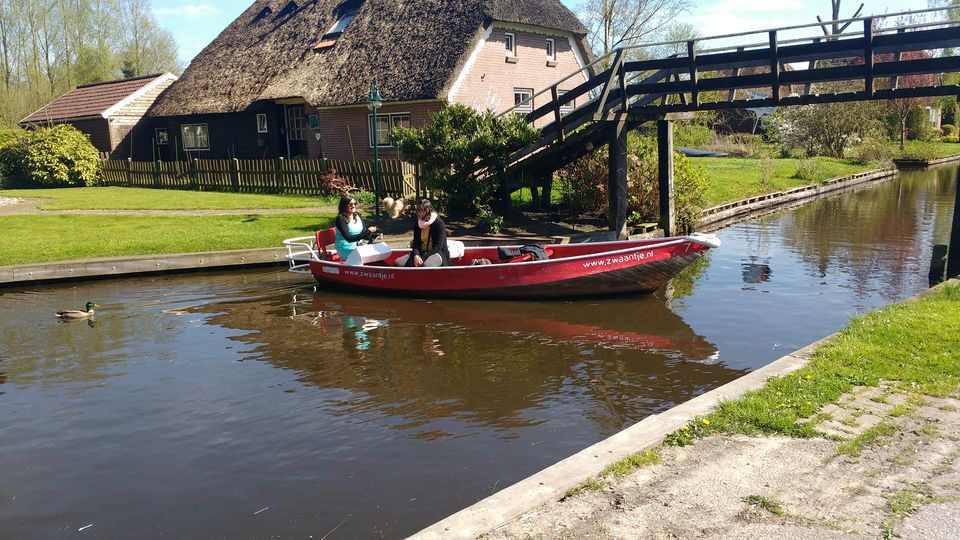
By choosing such destinations, we will not only contribute towards the proportional distribution of tourists across the globe but also reduce the damage to the over-touristy destinations.
5) Sharing is caring
One of the reasons why I like to post on my travel blog - www.bulbulonthewing.com and Tripoto is to help out fellow travelers. This is, in fact, the best way I can share my experiences (both good and bad). If I come across a hotel or restaurant providing commendable services, I write them a glowing review. If something does not feel right about a destination, I share that too. The only way the travelers can make informed decisions is by hearing from others’ experience.
Every traveller will agree that travel has an immense power to transform our experience. It is highly capable of pulling us out of boredom and pumping back energies in our mind and heart. We all have observed that when we come back from an enchanting holiday, we feel more powerful and alert. But, many of us forget the popular saying – ‘with great power comes great responsibility’. This ‘power’ and ‘responsibility’ might not be the one recognized by the people around us. This responsibility should come from our conscience.
We all should and we all can make sustainable choices while travelling to become a responsible traveller.



